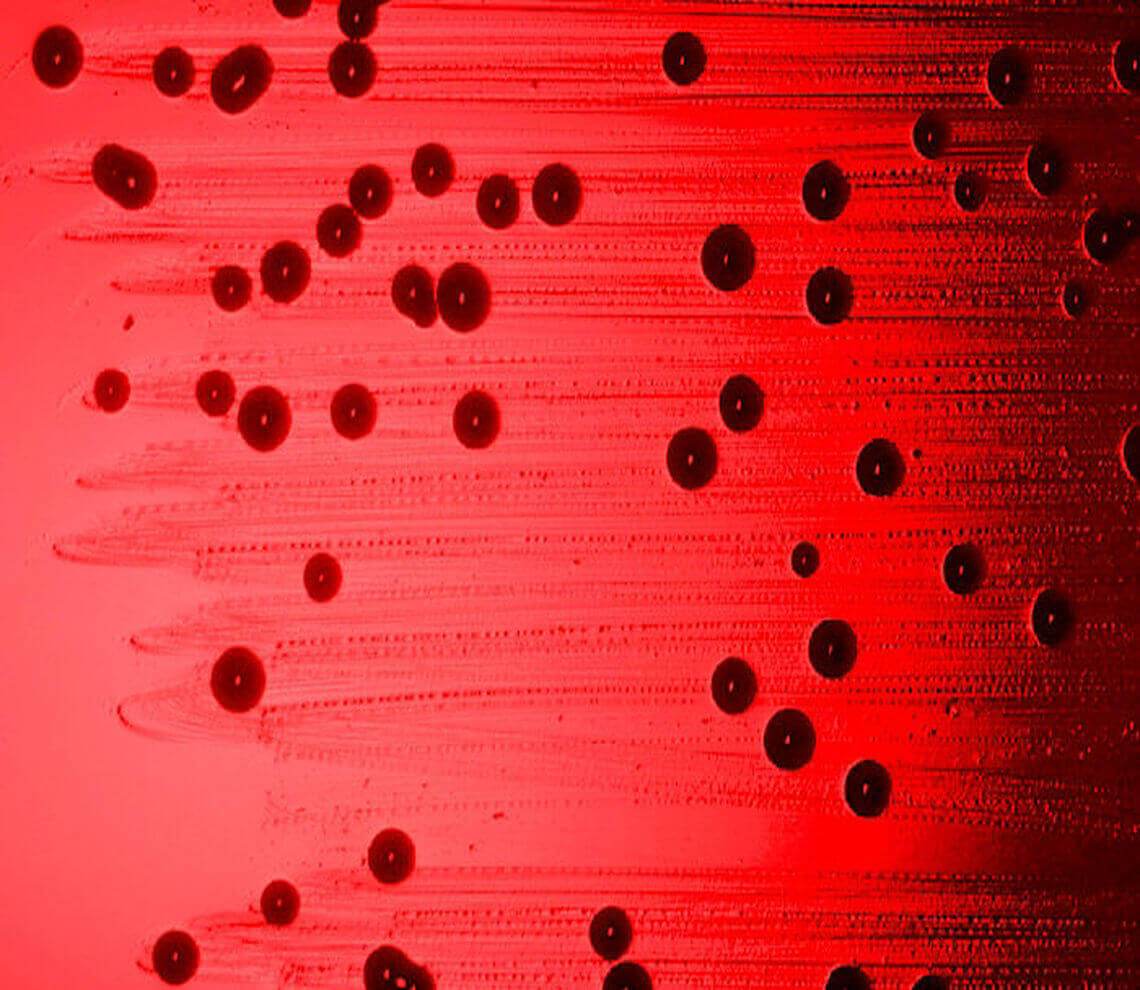- Our Suppliers
- MBS Monoclonals
- MOUSE Anti-HUMAN CD68:FITC Antibody
Product short description
Price:
475 EUR
Size:
100 Tests
Catalog no.:
GEN210970
Product detailed description
Gene name synonims
N/A
Purification method
N/A
Concentration
N/A
Also known as
CD68
Gene name
CD68
Immunoglobulin isotype
IgG1
Clone
Ki-M7
French translation
anticorps
Clonality
Monoclonal
Category
Antibodies
Latin name
Mus musculus
Conjugation
Anti-FITC Antibody
Host organism
Mouse (Mus musculus)
Subcategory
Mnoclonal antibodies
Tested applications:
Flow Cytometry (FACS)
Other gene names
CD68; CD68; GP110; LAMP4; SCARD1; N/A
Form/Appearance
FITC (Purified IgG conjugated to Fluorescein Isothiocyanate Isomer 1 (FITC) - liquid)
Other names
macrosialin isoform B; Macrosialin; macrosialin; CD68 antigen; macrophage antigen CD68; scavenger receptor class D, member 1; CD68 molecule; Gp110
Description
This antibody needs to be stored at + 4°C in a fridge short term in a concentrated dilution. Freeze thaw will destroy a percentage in every cycle and should be avoided.
Species reactivity
Human (Homo sapiens); Due to limited knowledge and inability for testing each and every species, the reactivity of the antibody may extend to other species which are not listed hereby.
Storage and shipping
Store the antibody at +4 degrees Celsius. DO NOT FREEZE. the antibody should be stored undiluted. the antibody is photosensitive and should be protected from light. If there is a precipitate in the vial we recommend you to briefly microcentrifugate it prior to use. Shelf Life: 18 months from date of dispatch.
Test
MBS Monoclonals supplies antibodies that are for research of human proteins.Mouse or mice from the Mus musculus species are used for production of mouse monoclonal antibodies or mabs and as research model for humans in your lab. Mouse are mature after 40 days for females and 55 days for males. The female mice are pregnant only 20 days and can give birth to 10 litters of 6-8 mice a year. Transgenic, knock-out, congenic and inbread strains are known for C57BL/6, A/J, BALB/c, SCID while the CD-1 is outbred as strain.
Specificity and cross-reactivity
CD68 This item recognizes the 110KD integral membrane glycoprotein CD68 (Macrosialin) predominantly expressed on the intracellular lysosomes of macrophages/monocytes, including Kupffer cells, microglia, histiocytes and osteoclasts, and is expressed to a lesser extent by dendritic cells and peripheral blood granulocytes. Elevated expression of CD68 has been demonstrated on CD34+ cells in various human malignancies, including Acute Myeloid Leukemia. _x000D__x000D_In immunohistochemical studies, CD68 can be used to aid in the identification of blastic NK lymphomas, some B cell lymphomas, and to help diagnose disorders relating to macrophage abnormalities, including malignant histocytosis and Gaucher's disease. _x000D_Clone Ki-M7 has also been reported as being suitable for use in immunoprecipitation studies._x000D__x000D_; Since it is not possible to test each and every species our knowledge on the corss reactivity of the antibodies is limited. This particular antibody might cross react with speacies outside of the listed ones.
Properties
If you buy Antibodies supplied by MBS Monoclonals they should be stored frozen at - 24°C for long term storage and for short term at + 5°C.This MBS Monoclonals Fluorescein isothiocyanate (FITC) antibody is currently after some BD antibodies the most commonly used fluorescent dye for FACS. When excited at 488 nanometers, FITC has a green emission that's usually collected at 530 nanometers, the FL1 detector of a FACSCalibur or FACScan. FITC has a high quantum yield (efficiency of energy transfer from absorption to emission fluorescence) and approximately half of the absorbed photons are emitted as fluorescent light. For fluorescent microscopy applications, the 1 FITC is seldom used as it photo bleaches rather quickly though in flow cytometry applications, its photo bleaching effects are not observed due to a very brief interaction at the laser intercept. MBS Monoclonals FITC is highly sensitive to pH extremes.Human proteins, cDNA and human recombinants are used in human reactive ELISA kits and to produce anti-human mono and polyclonal antibodies. Modern humans (Homo sapiens, primarily ssp. Homo sapiens sapiens). Depending on the epitopes used human ELISA kits can be cross reactive to many other species. Mainly analyzed are human serum, plasma, urine, saliva, human cell culture supernatants and biological samples.
© Copyright 2016-Tech News . Design by: uiCookies

